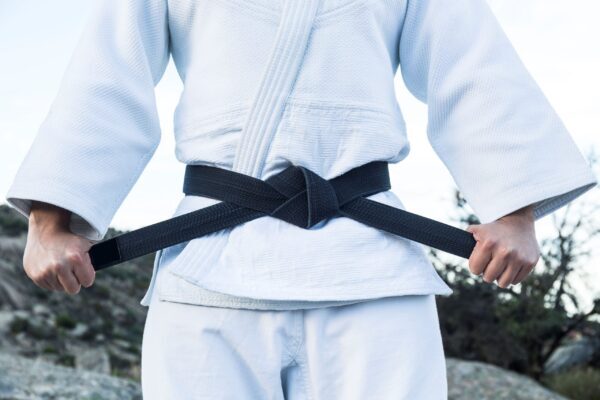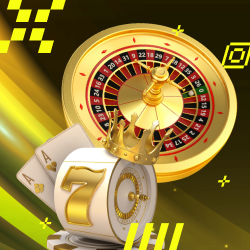Brazilian Jiu-Jitsu (BJJ) is more than just a martial art — it’s a test of time, mindset, and staying power. For every packed white belt class, only a handful will eventually reach the rank of black belt. It’s not because others aren’t skilled or capable — it’s because the journey is demanding in ways most don’t expect.
BJJ isn’t flashy. There are no shortcuts, no fast-track programs. On average, it takes 8 to 12 years to reach black belt — and that’s with steady training, few long breaks, and an ability to navigate both physical and mental fatigue. For many, life gets in the way long before the promotion ceremony.
More Than a Martial Art — It’s a Marathon
When people think of martial arts, they often picture trophies, belts, and highlight reels. But BJJ strips away those expectations pretty quickly. It humbles you. Even on your 100th class, you’ll still tap out to someone smaller, faster, or more efficient. That’s the point — you’re learning how to solve problems under pressure.
The beauty of BJJ lies in its depth. The better you get, the more you realize how much there is still to learn. But that can be overwhelming. Without the right mindset, many feel stuck and begin questioning whether they’re cut out for it. The truth is, they probably are — they just need to stop chasing the destination and start trusting the process.
Why So Many Drop Out
It’s easy to show up when progress is obvious. But what about the months when you feel like nothing is working? That’s when most quit. Here are some common reasons:
- Frustration from plateaus: You’re training regularly, but your skills seem stagnant. It feels like others are passing you by. That mental block grows fast.
- Life priorities shift: Kids, work, financial stress — all real reasons that can push training aside, even when passion remains.
- Injuries (and fear of them): Whether it’s a sprained wrist or a nagging shoulder, pain makes people reassess their commitment. Some take a break and never return.
- Lack of progression clarity: Not every gym has clear promotion systems. If you don’t understand where you stand or what’s expected, motivation fades.
- Burnout from unrealistic expectations: Some train like professionals, neglecting rest and balance. The crash comes hard.
The result? A high attrition rate that has nothing to do with toughness — and everything to do with sustainability.
The Psychology Behind Staying or Quitting
BJJ is as much mental as physical. Those who stay often cultivate a mindset that helps them ride out rough patches. It’s less about raw drive and more about perspective.
- They detach from the belt. Those who focus only on promotion are more likely to burn out. Belts are milestones, not the mission.
- They normalize failure. Getting submitted isn’t a setback; it’s feedback. People who internalize that tend to recover faster and train smarter.
- They build emotional resilience. Confidence doesn’t mean always feeling good — it means showing up even when you feel off.
- They manage ego. BJJ reveals flaws. Those who stay accept that process, even when it stings.
This mindset can’t be forced. It grows from experience — but only if you stick around long enough to develop it.
The Belt Is Just a Symbol
By the time someone earns a black belt in BJJ, the actual belt means less than the journey behind it. It represents hours of frustration, comebacks after injury, late-night drills, and quiet wins no one else noticed. The rank doesn’t say “you’ve mastered it.” It says “you didn’t quit.”
It’s also not the end — just a new beginning. Black belts still get tapped out, still learn, still make mistakes. But they’ve proven they can keep learning long after the excitement fades.
Want to Go the Distance?
If you’re early in your BJJ journey or stuck on a tough plateau, remember: it’s supposed to be hard. You’re not behind. You’re not failing. You’re growing — and that process takes time.
Surround yourself with people who inspire consistency, not just highlight success. Take rest when needed. Celebrate the small wins. And above all, keep showing up. The mat has room for everyone. The only thing it doesn’t reward is giving up too soon.

